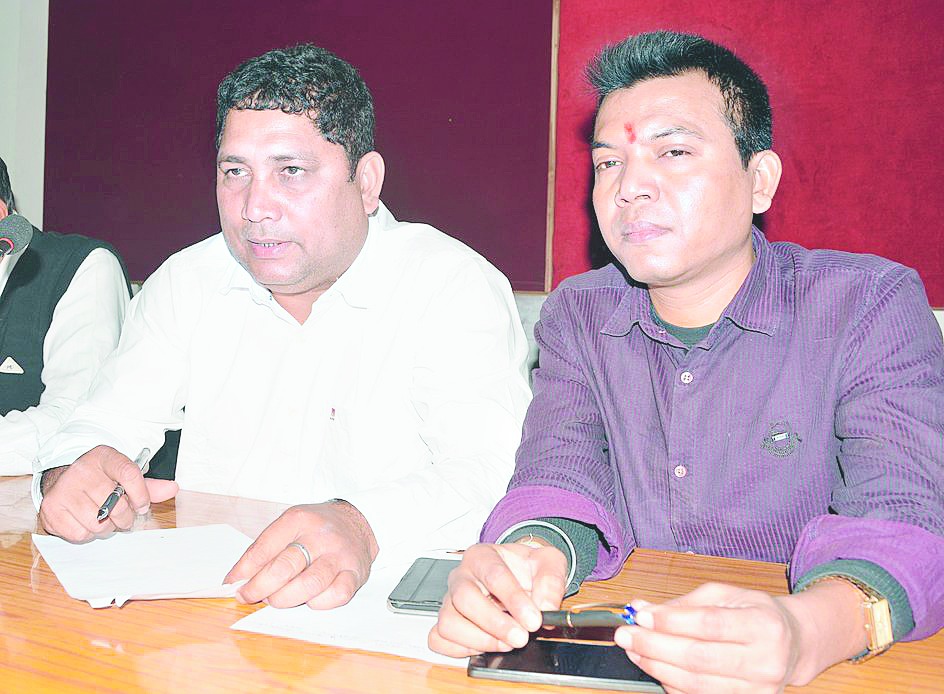
Guwahati: Sukhi, a contraceptive pill, is being smuggled into Assam from Bangladesh and rampantly used by women in the state though it is not certified by the Indian government.
Health officials here told The Telegraph on Thursday that irregular supply of free contraceptives in government hospitals and the stigma attached to their use (because of which people prefer to buy it from the open market than go to a hospital), could lead people, mostly in the border areas, to buy uncertified Sukhi pills.
"The composition of the Sukhi pill is almost similar to the ones provided free in our government hospitals. But since the Sukhi pills are not certified in India, people should not use them. The Mala D pills provided in our hospitals are the safest and prescribed contraceptive pills for women in our states," R.K. Talukdar, head of the department of obstetrics and gynaecology, Gauhati Medical College and Hospital, said here during a conference on family planning in Assam.
"We prescribe people to use the contraceptive daily till they want to have babies but the pharmacists ask users to have the pills with a seven-day gap which, in many cases, does not serve the purpose and can have an adverse impact on the user's health," he added.
The consultation was organised by Global Health Strategies, an international advocacy and communication firm, as part of a project in Assam, Bengal, Uttar Pradesh, Bihar, Karnataka and Maharashtra.
Contraceptive pills are the most preferred way of family planning in Assam (an estimated 22 per cent) followed by condoms (2.7 per cent).
Talukdar said Assam needs to increase use of contraceptives or undertake other means for birth spacing to check its high maternal mortality rate, which is almost double that of the national average. MMR is 300 against one lakh births in Assam against the national average of 167.
Under the Centre's Mission Parivar Vikash launched in 2016, Assam plans to bring 14 lakh people under family planning and sustain the existing 19.8 lakh users by 2020.
Vasanthi Krishnan, director (programmes) of Ipas Development Foundation, stressed on awareness to fight misconceptions about the use of family planning means and increase institutional delivery to check maternal mortality.
Global Health Strategies director Sukriti Chauhan and programme associate Yashasvi Murali, attended the meet.










